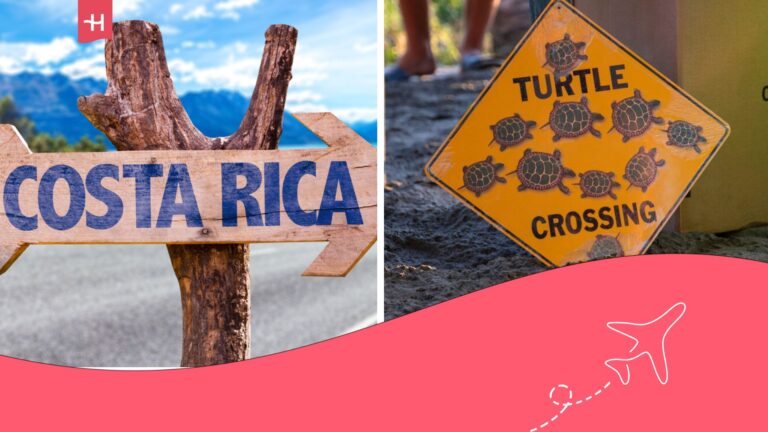Volunteering in Europe: Requirements, best programs, and costs
Did you know that volunteering in Europe is totally free? We show you the best programs to help out in this continent.
Volunteering in Europe is a unique opportunity to immerse yourself in a rich multicultural environment. You’ll also have the chance to contribute to well-established projects supported by the European Union and recognized internationally. Whether you’re passionate about social causes, environmental work, education, or animal welfare, there’s a wide range of meaningful initiatives you can get involved in.
To make sure this adventure gets off to a great start, it’s important to understand the administrative and health requirements of the country you choose. You’ll also want to explore the available projects, their activities, goals, and any associated costs. In this article, we’ll give you all the essential info and our best tips to help you make the most of this life-changing volunteer experience. Let’s go make a difference in Europe!
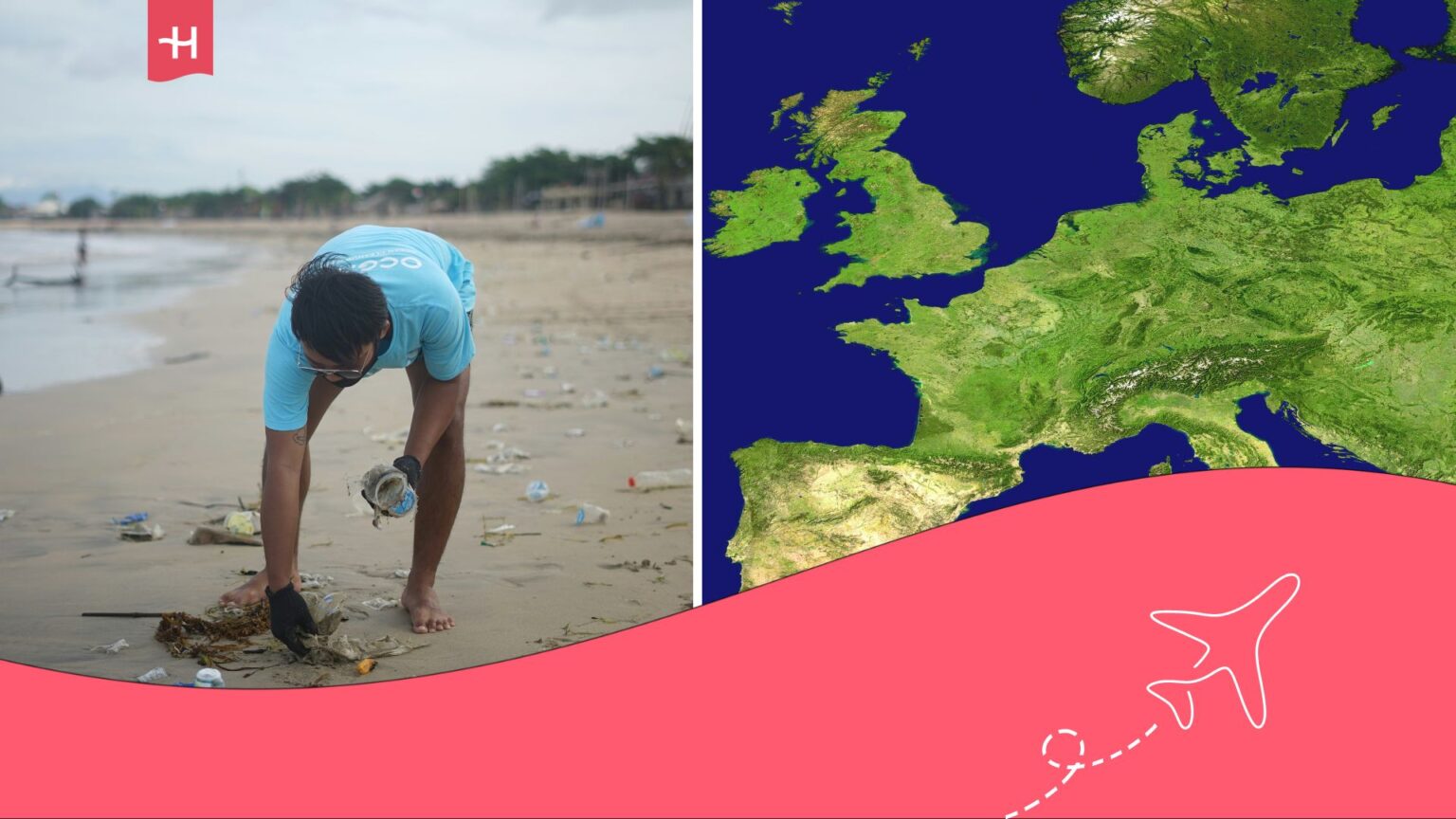
What are the benefits of volunteering in Europe?
Volunteering in Europe means offering your time, skills, and support to contribute to a specific project, without financial compensation. What sets European volunteer programs apart from local ones is the backing of the EU, which funds many of these initiatives. That support comes with some unique advantages:
- Funded programs: The European Union offers several programs, including the European Solidarity Corps (ESC), which provides fully funded volunteer opportunities. Covering accommodation, meals, and even a monthly stipend.
- Mobility without borders: Thanks to the Schengen Area, you can travel freely across all the countries that are part of the agreement. This means you’ll be able to attend international events and explore other destinations during your stay.
- Language learning: With over 24 official languages spoken across Europe, it’s a great chance to learn or practice a new one. Like French, Spanish, English, or Italian.
- Professional recognition: Organizations like UNICEF Europe or WWF issue official certificates that recognize your skills in areas like intercultural communication, leadership, and teamwork—all highly valued in today’s job market.
- Continuous training: Some volunteer programs even include free courses in languages, digital skills, or social intervention methods (all supported by the EU).
- Impact aligned with the EU: Most projects are aligned with the Sustainable Development Goals (SDGs), ensuring that your volunteer work also supports environmental responsibility.
Requirements for volunteering in Europe
Wondering if you’re eligible to join a volunteer program in Europe? Before you dive into this meaningful journey and start packing your bags, it’s essential to check the specific requirements of each organization. That way, you can take care of all the necessary paperwork in advance and ensure a smooth, legal stay. Below, we break down the key requirements you’ll need to meet:
- Age: Most European programs accept volunteers from 18 years of age and some limit the age to 30.
- Training and skills: Relevant studies related to the project’s focus are a plus, along with skills like digital literacy, first aid, or the ability to work well in a team.
- Visa: If you’re a citizen of the EU, you won’t need a visa, just make sure to register your residence in the city where you’ll be volunteering. For non-EU citizens, you’ll need to apply for a national D visa for volunteering or a long-stay Schengen visa.
- Medical insurance: Having health insurance is mandatory in almost all programs, whether you’re an EU citizen or not. This insurance must cover your entire stay as a volunteer.
- Criminal record certificate: Especially for those projects where you have to work with children.
- Languages: Basic knowledge of the local language or an intermediate B2 level of English to be able to communicate with the team and the population.
- Commitment and responsibility: A commitment to the duration of the project and a dedication of between 20 to 40 hours per week is required.

Get a stable internet connection for your volunteer work
As soon as you arrive at your European destination, staying in touch with your organization and navigating around is key. With Holafly’s monthly plans, you can quickly get online by activating your eSIM right from the app—no hassle, no wait.
Plus, you can travel to other European cities without swapping SIM cards, enjoying fast, secure 5G with no interruptions. Get the unlimited plan for just $67.90 a month and stay connected for browsing, streaming videos, video calls and using two devices at once.
Important: If you are a frequent traveler and want to stay connected without worrying about expensive roaming or looking for a new SIM at every destination, Holafly’s subscription plans are for you. With a single eSIM, enjoy internet in more than 170 countries for a fixed price and no surprises on your bill. Travel without limits and connect easily and securely! 🚀🌍

Top 3 volunteering programs in Europe
The EU offers a wide range of volunteer programs across Europe, tailored to your personal interests, motivations, and professional skills. Here are three different opportunities focused on social, cultural, and environmental immersion, so you can pick the one that excites you the most.
1. European Solidarity Corps
The European Solidarity Corps is the European Commission’s flagship program for young people aged 18 to 30 who want to volunteer across Europe. Founded in 2018, its mission is to foster solidarity through projects that support communities, help refugees, assist in disaster relief, and promote social inclusion.
Each program is funded by the EU and run by local organizations—such as city councils, NGOs, or community groups—so you won’t have to pay anything to participate. Here are the requirements you’ll need to meet:
| Characteristics | Details |
| Requirements | Between 18 and 30 years old, intermediate level of English or local language, CV and motivation letter. |
| Duration | From 2 to 12 months |
| What is included | Accommodation, medical insurance, meals, round trip |
| Price | Financed by the EU |
2. WWOOF Europe (World Wide Opportunities on Organic Farms)
Interested in volunteering on a farm in Europe? For those passionate about ecology and sustainable farming, WWOOF Europe offers hands-on volunteer opportunities at organic farms across the continent. Since 1970, this organization has been supporting sustainable agriculture using traditional and organic methods.
Your daily tasks will involve working about four to six hours planting, harvesting, and caring for animals. In return, you’ll stay on a farm in countries like Italy, France, Germany, or Ireland and learn valuable environmental skills from experienced farmers. If this program sounds like a good fit, take a look at the requirements:
| Characteristics | Details |
| Requirements | Over 18 years old, annual WWOOF membership (registration with national association) |
| Duration | From 1 to 4 weeks |
| What is included | Accommodation on a farm and full board |
| Price | $25-40 per year |
3. Volunteer Camps – Service Civil International (SCI)
One of the oldest volunteer NGOs in Europe is SCI, founded in 1920 and active in over 40 European countries where you can apply and choose from their programs. Their so-called “camps” offer short-term stays working on projects like construction, heritage restoration, intercultural education, or environmental conservation.
Each camp brings together around 15 international volunteers who live together in shared accommodations. The main goal is to foster peace and understanding through the exchange of experiences.
| Characteristics | Details |
| Requirements | Over 18 years old, motivation for teamwork, pay project fee |
| Duration | From 1 to 3 weeks |
| What is included | Shared accommodation, meals, cultural activities and travel insurance |
| Price | $100-250 |
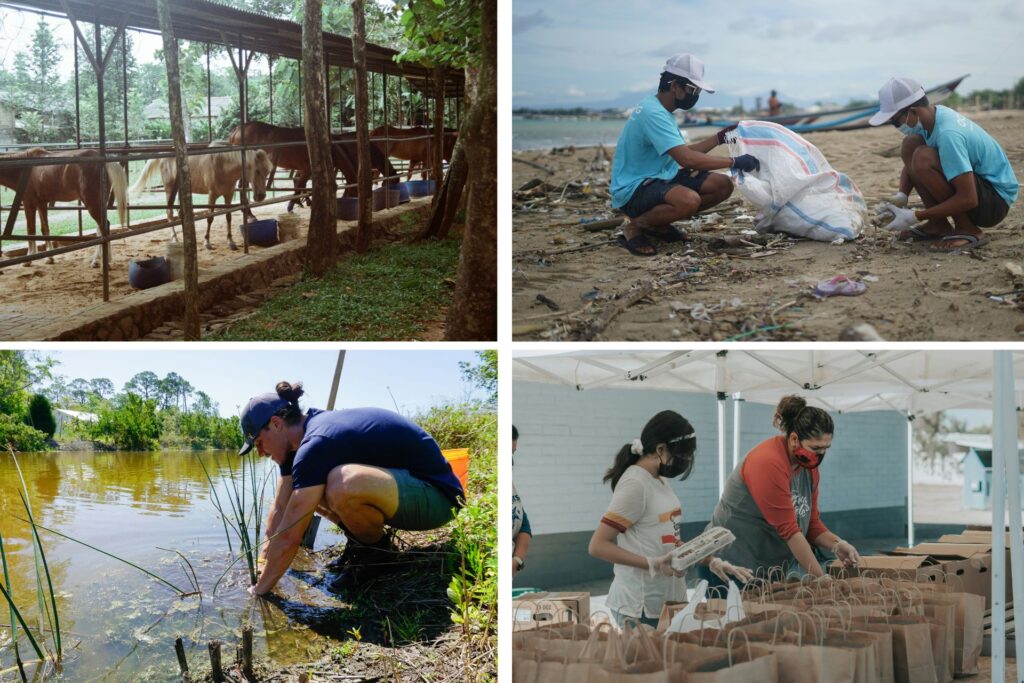
Types of projects for volunteering in Europe
When choosing a project to get involved in, it’s important to consider where you can make the biggest impact. Whether that’s based on your skills, experience, education, or simply your passion. What makes volunteering in Europe unique is the wide variety of countries and regions, each offering projects with their own distinct characteristics. In the following sections, we’ll highlight some of the most common programs across the continent to help you get a sense of what’s out there and pick your next mission.
1. School training and educational support
This kind of volunteering is popular in countries like Spain, France, Germany, and Hungary, where schools team up with the EU to boost language skills like English and French. You’ll help kids and teens through activities like conversation practice, sports, games, and creative workshops. It’s also common to find opportunities in rural Eastern Europe, where educational resources can be scarce.
2. Child care and child support
In countries like Italy, Romania, and Greece, many projects focus on supporting at-risk youth. You can assist migrant and refugee families by providing emotional support to their children, helping with care, and promoting cultural integration. In Northern Europe, there are also volunteer opportunities in daycare centers across Sweden and Norway that use Montessori or Waldorf educational approaches.
3. Support for women in vulnerable situations
If you’re compassionate and sensitive toward women facing vulnerability—whether survivors of gender-based violence, migrants, or those at risk of social exclusion—this volunteer work in Europe could be a great fit. In southern countries like Spain and Portugal, as well as in Eastern Europe, volunteers lead empowerment activities, digital skills workshops, language classes, and provide psychological support.
4. Environmental conservation and animal care
If you prefer working close to nature, some of the best volunteer opportunities in Europe focus on environmental projects. Picture yourself protecting natural landscapes in the Swiss Alps, cleaning beaches on the Mediterranean coast, or helping with reforestation efforts in Germany or the Netherlands.
You can also choose to volunteer in animal care projects. Whether it’s protecting marine wildlife in Greece, caring for rescued horses in Italy, or helping out at dog shelters in Spain or Bulgaria.
5. Cultural restoration
Europe’s rich cultural heritage calls for volunteer efforts focused on its preservation. In countries like France, Germany, and the Czech Republic, volunteers help restore castles, historic churches, and archaeological sites. You can also get involved in cultural festivals and art workshops that promote responsible tourism in cities like Florence, Paris, Rome, or Vienna.
6. Community Health and Wellness
Finally, if you have healthcare training or experience, there are programs focused on raising awareness about mental health and improving the quality of life for seniors or people with limited mobility. In migration-affected areas like Italy and Greece, volunteers also support projects that provide vulnerable communities with access to basic healthcare.
How much does it cost to volunteer in Europe?
Don’t worry if your budget is tight, you’ll find plenty of volunteer programs in Europe fully funded by the EU. However, if you choose a different program, you might have to cover some costs yourself. Here’s a table outlining some of the possible expenses:
| Concept | Approximate cost |
| Program fee | Fee starting at $100, but some are free |
| International flight | $50-500, depending on whether you are in Europe or another continent |
| Medical or travel insurance | $40-80 per month |
| Local transportation | $50-80 per month by cab or bus |
| Accommodation | $400-700 per month, if not included |
| Personal expenses | $75-150 |
What can you save by volunteering in Europe?
- Room and board on most programs
- Local transportation to the work site
- Language classes and other workshops for the team
- Leisure activities organized by the organization
Frequently asked questions about volunteering opportunities in Europe
Yes, as long as you have an intermediate level of English to be able to communicate with the organization and the locals.
It can last from one week to months, depending on the program selected, as there are some programs with short stays and others with longer ones.
Those funded by the EU are free, but others will ask for an annual or registration fee to cover the volunteer’s expenses.
Yes, the organizations running the volunteer programs vet the accommodations. They usually provide shared houses, dormitories, or even farms. To be sure, we recommend checking out reviews from past volunteers.
Absolutely, Europe is a safe place to travel solo. As long as you follow your program’s guidelines and explore nearby destinations during your free time, you’ll have a great experience.


















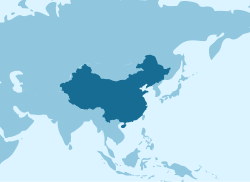




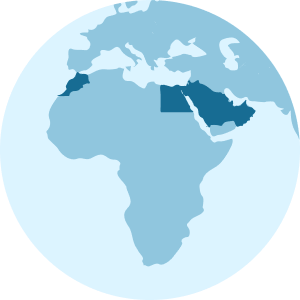






















 Pay
Pay  Language
Language  Currency
Currency 


















 No results found
No results found




